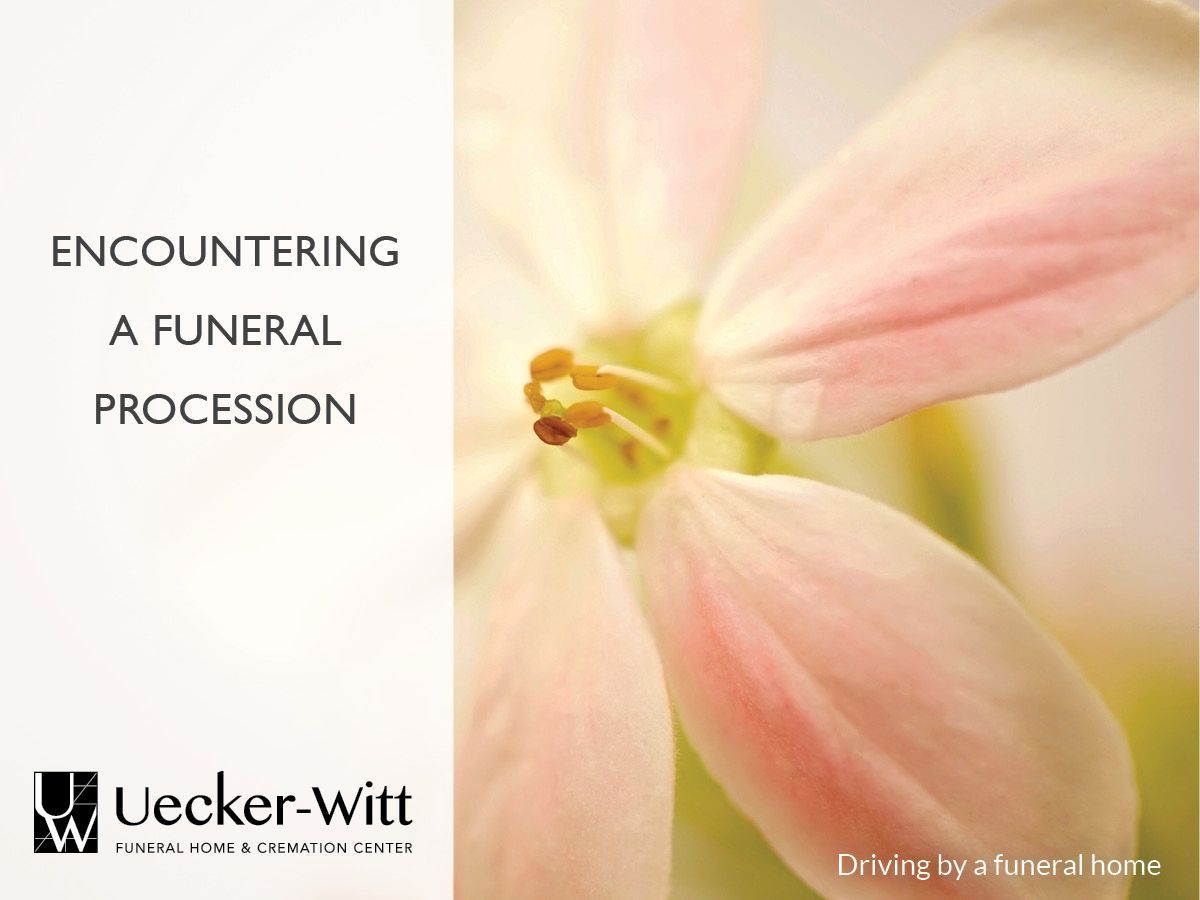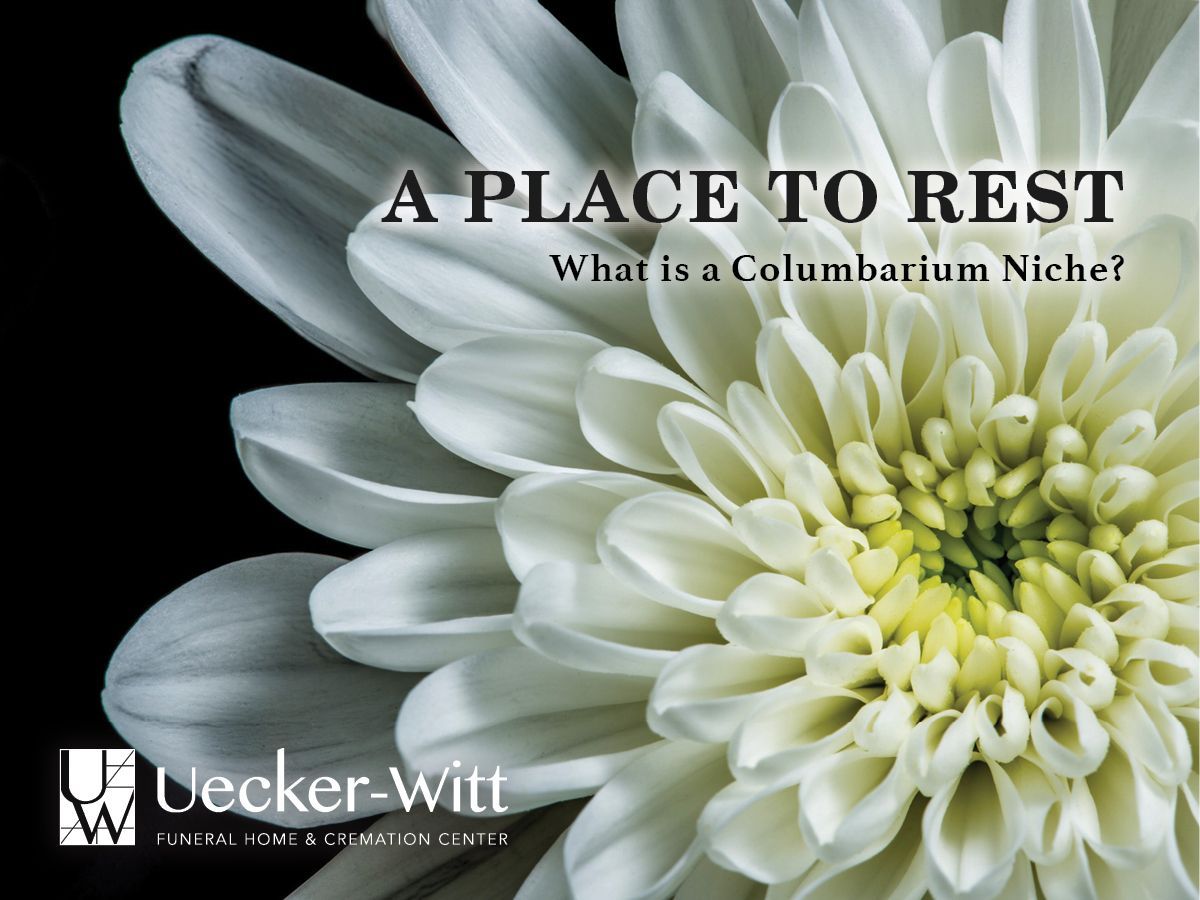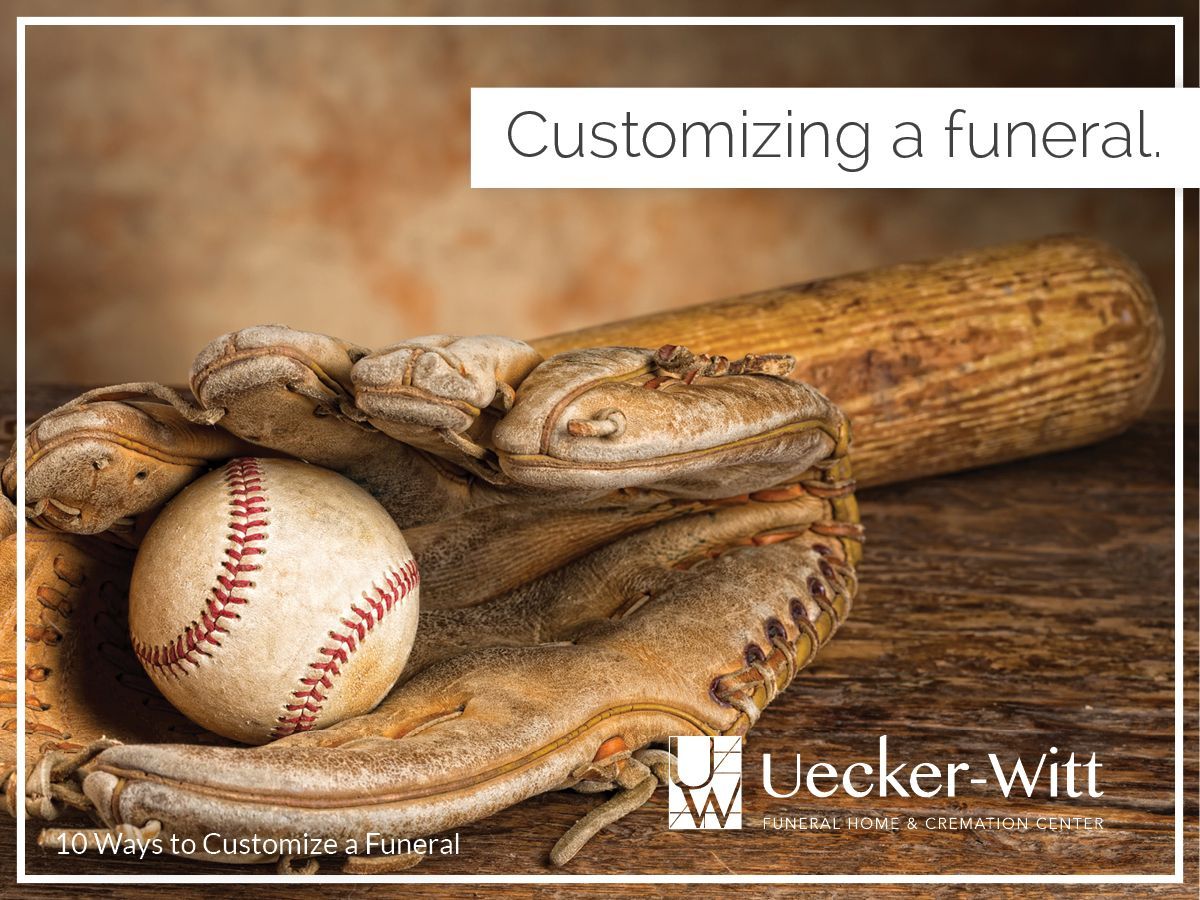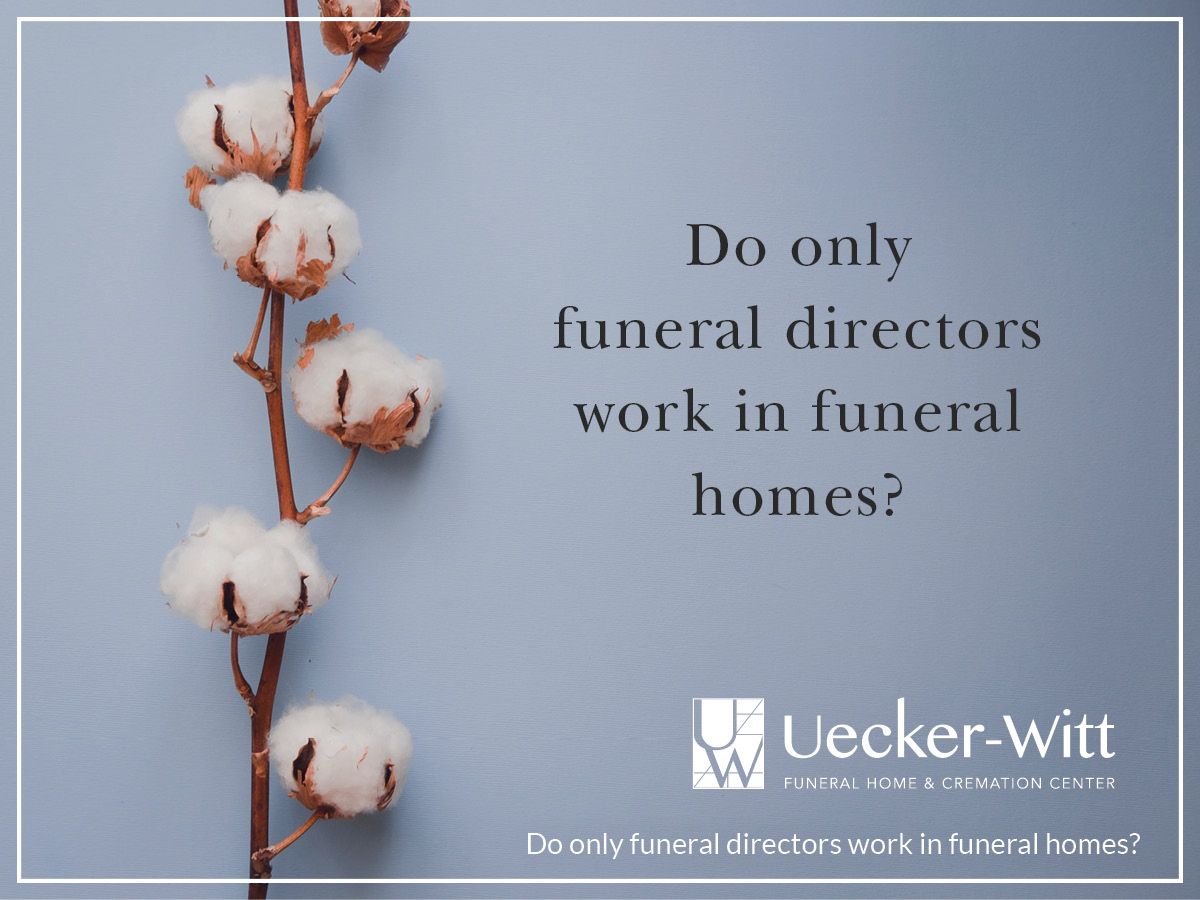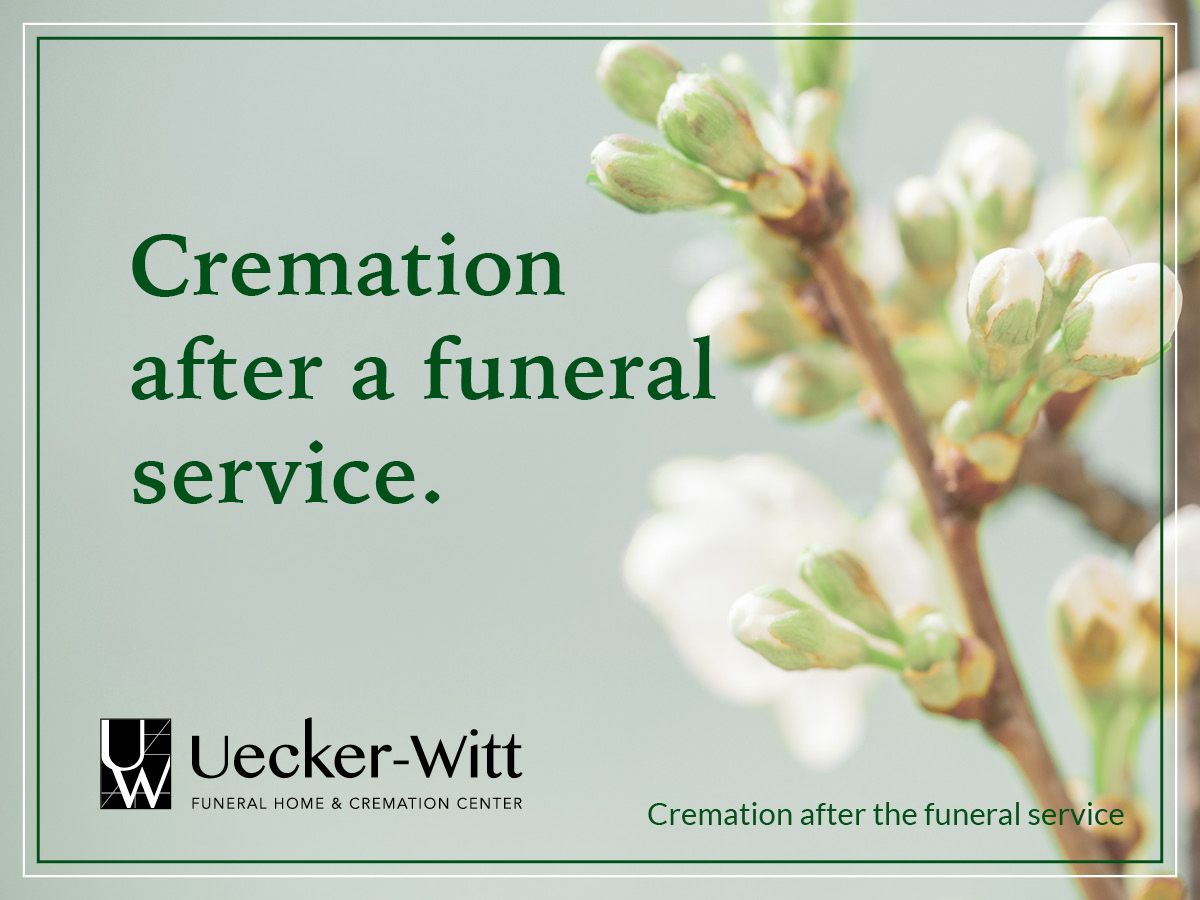Too Little Too Late - A Memorial Gone Wrong
Yesterday, Jane was on duty as a tour guide at a lovely little pre-revolutionary war church in rural Virginia. It was late in the afternoon when a youngish woman wearing shorts and a Cubs ball hat stepped into the visitor’s center looking lost. Thinking that she might need directions, Jane quietly approached to offer her assistance. The seemingly lost young lady said she just wanted to go in the church.
Since visitors were not allowed in the church without a docent, Jane began to accompany her guest to her destination. Striking up a conversation, Jane quickly discovered there was a story behind the sad eyes of her visitor. She revealed her name was Stella and she was here from Chicago. The pair talked a bit and Jane started to tell her about the church. As they walked and talked, Jane casually asked, “What brings you to this part of Virginia?” Stella spoke in a soft tone revealing she was here for a “sort of” memorial service for her mother. The pain was obvious on her face with her lips quivering and eyes glistening with small pools of tears.
They walked into the church and sat in one of the high back pews carved from pine when George Washington was just three years old. The sun was shining through the wavy glass windows. Jane took Stella’s hands and asked her, “Would you like to tell me a little bit about your mother?” The floodgates opened. She talked for an hour. She told the story that was her Mom.
Stella was the single daughter. She had been the caregiver for her mother who died ten months ago. Her brother lived abroad and her sister and her family traveled frequently. Because it was hard to get them together, they all decided to forgo a funeral service and ship Mom’s cremated remains to Virginia for burial. It seemed, at the time, to make more sense to get together later.
They agreed on June for the get together since that’s when their family typically came to visit mom and dad in this part of Virginia. They all stayed at a local inn and had dinner at their parent’s favorite restaurant. It was nice, but something was missing. There was no service. No words were spoken for Stella’s mother. It wasn’t enough for her. It was too little and too late.
It was obvious to Jane that Stella was distraught. There had been no closure. Jane’s heart broke for her. Still, she couldn’t help but wonder why. Why was there no service? Even something small, private and simple would have been better than nothing.
Jane knew some people had a fear of planning a service. They don’t know how to or what to plan. They are at a loss. They should have they called the local funeral home for help. The funeral director could have helped them find someone to pull together a brief ceremony at the graveside or in the chapel. There could have even been a service in the lovely little church where Stella sat and cried with a stranger.
